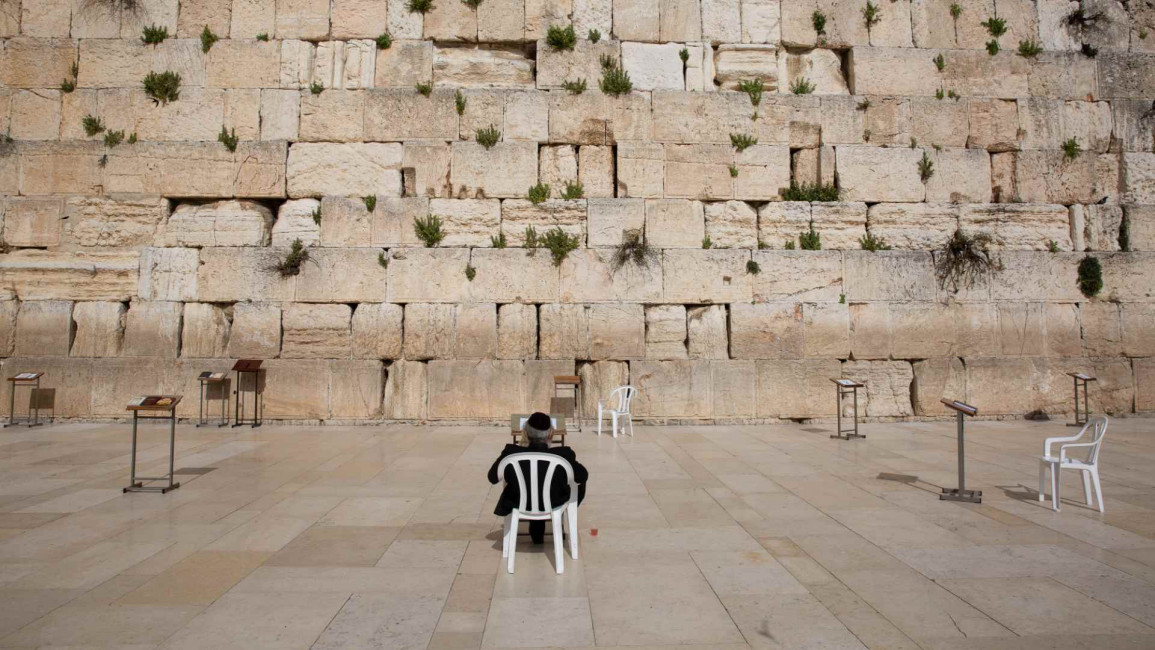"There's no way that in 10 days we'll be lifting all the restrictions and saying it's all over, everything is fine," he told public broadcaster Kan.
Israel imposed its second lockdown on September 18 after the coronavirus infection rate soared. It was originally scheduled to end on October 10.
On Friday, the measures were tightened after the initial eight days failed to bring down the world's highest infection rate per capita.
Beyond shuttering schools and cultural events, the lockdown has closed the vast majority of workplaces, markets and places of worship.
Parliament was meanwhile due to debate a regulation limiting demonstrations, which could curb weekly protests that have been held against Prime Minister Benjamin Netanyahu's leadership for months.
Convoys of vehicles were meanwhile heading to Jerusalem to protest the possible restrictions on demonstrations.
Read also: Thousands protest Netanyahu in first since Israel renewed lockdown
On Saturday night, Netanyahu acknowledged "mistakes" in the reopening of Israel's educational system and economy following the first lockdown earlier this year.
"There might be some changes for the better, but this time, as part of the the learning process from what happened in April, we'll exit (the lockdown) gradually, responsibly," Edelstein said.
"The opening of the economy and our lives will be gradual and slow."
Israel has recorded more than 233,000 infections and 1,507 deaths in a population of nine million.
According to military intelligence, not only does Israel have the world's highest weekly infection rate per capita, its daily death rate per capita has passed that of the world's hardest-hit country, the United States.
Follow us on Facebook, Twitter and Instagram to stay connected



